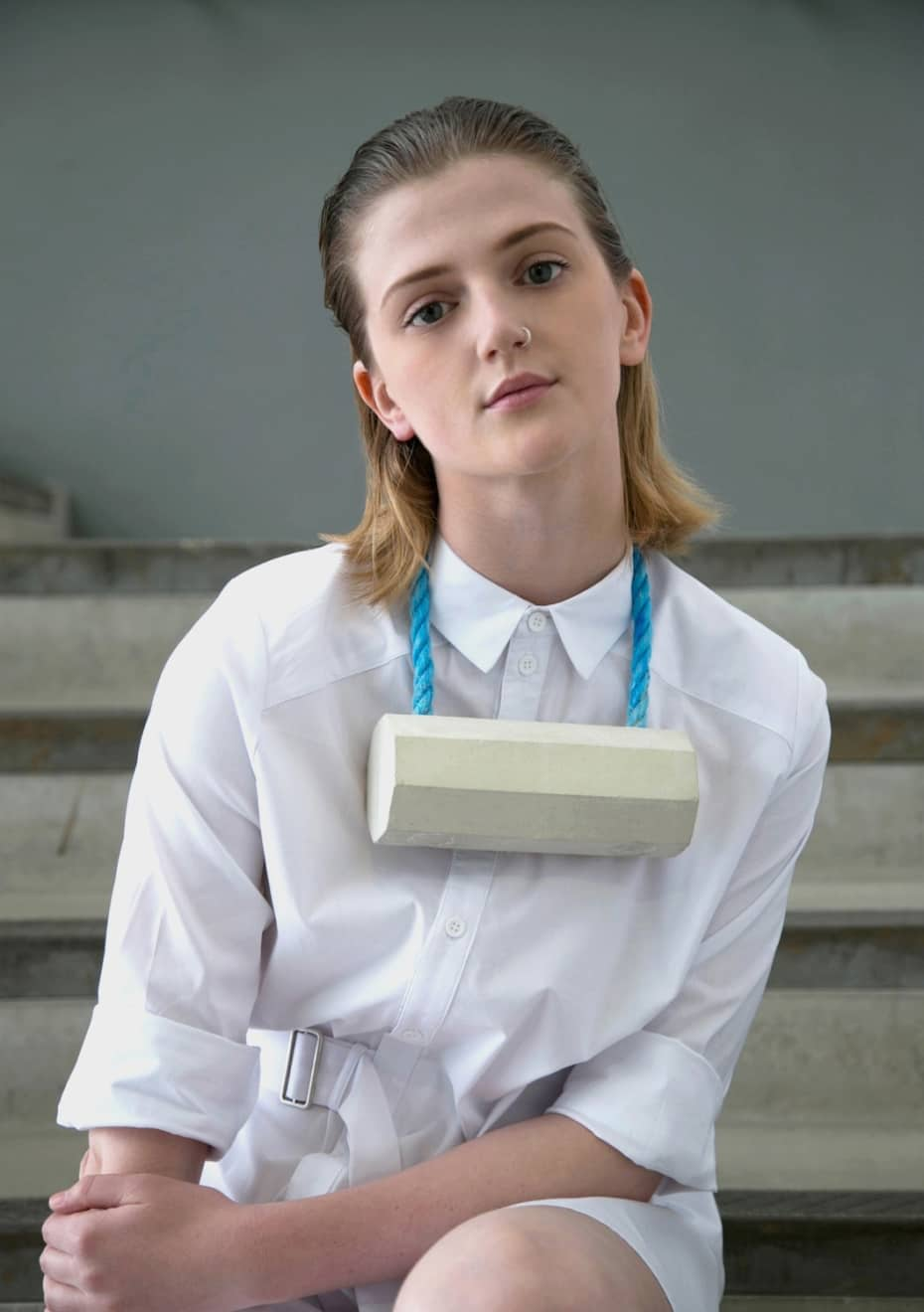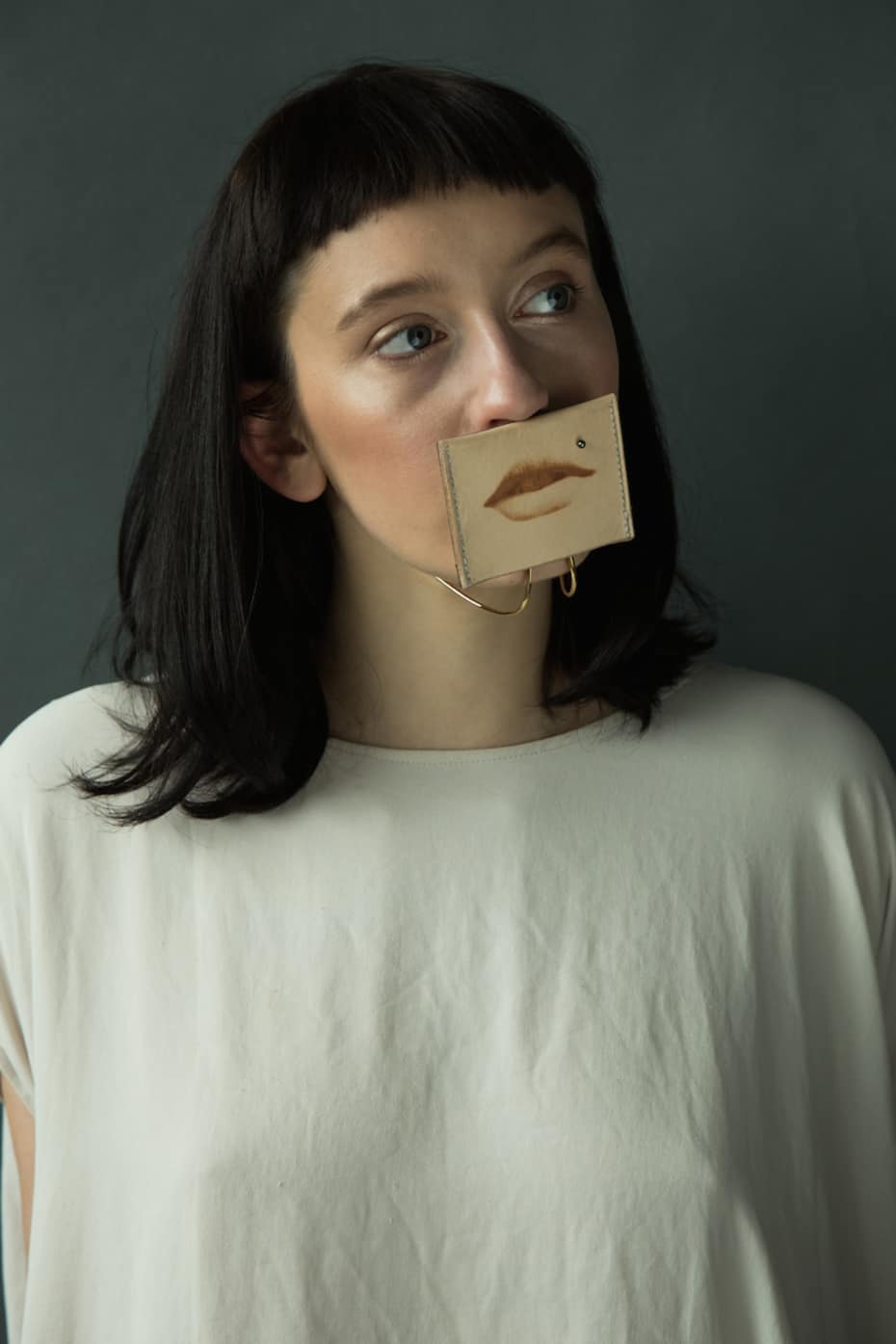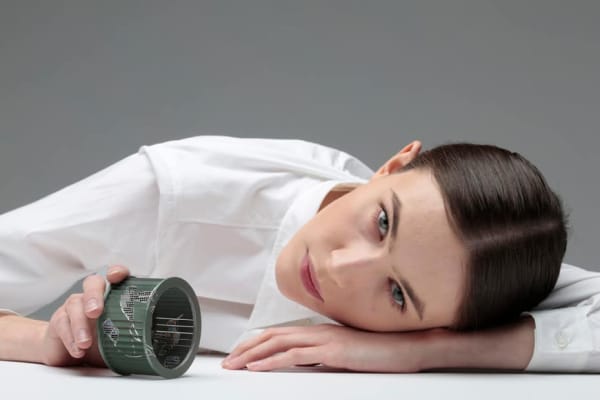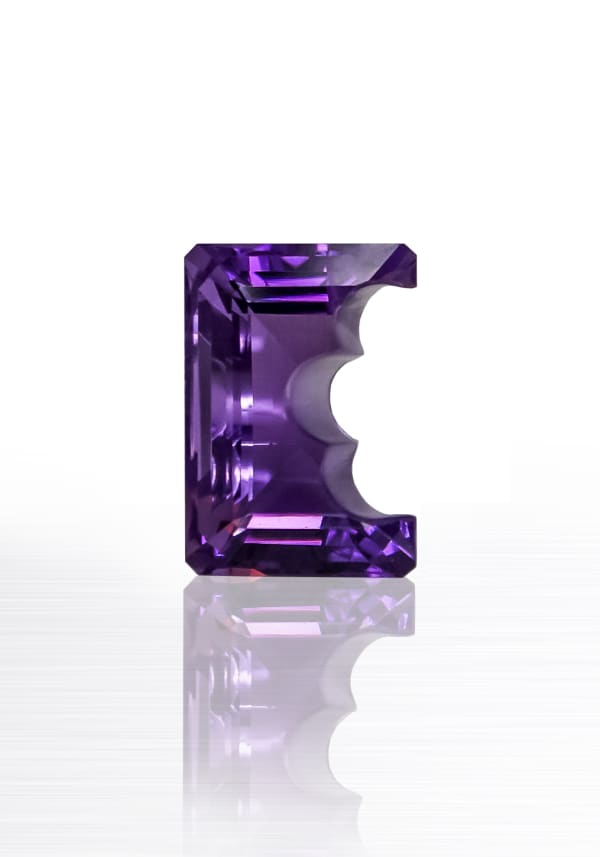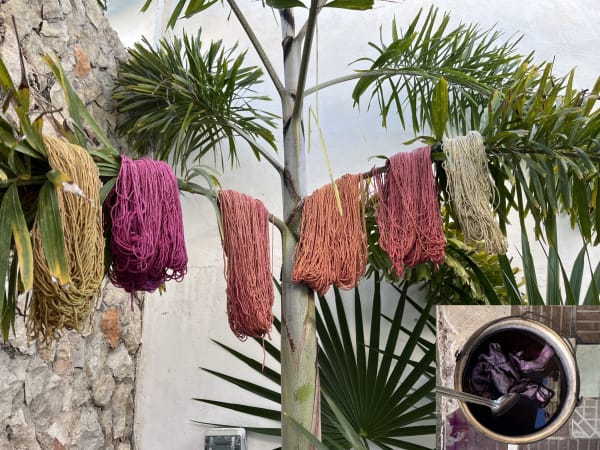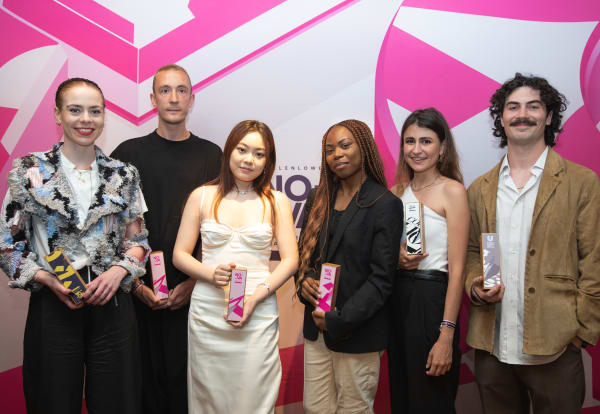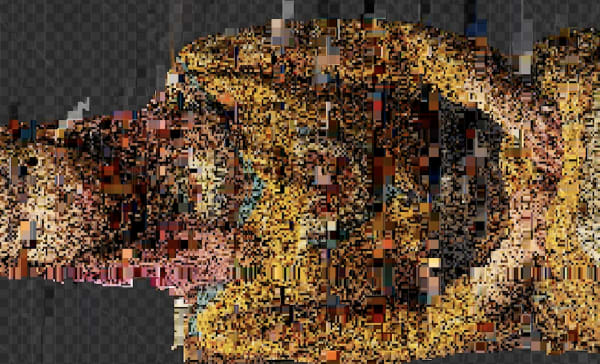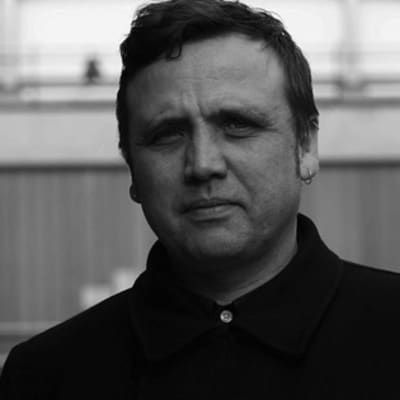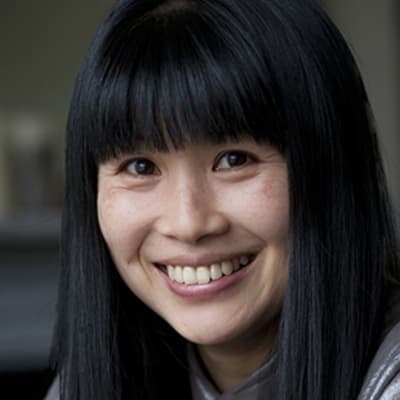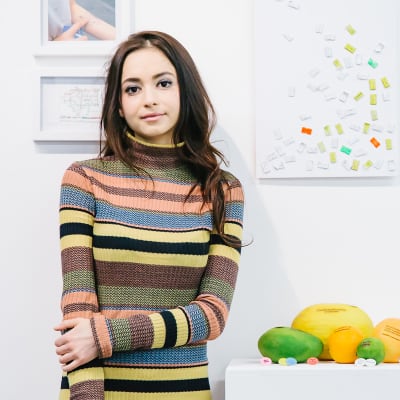Each stage equates to one year's study, and is divided into three terms.
Stage One
A comprehensive grounding in visual, technical and material research together with design and making skills provides a sound basis from which to explore ideas. Stage One introduces you to basic workshop skills and techniques. Projects offer different ways of generating and developing ideas, with a focus on creative use of resources, originality, risk taking, technical competence and material expression. How a piece of jewellery relates to the body and its movements is seen as important. Later in Stage One, project briefs require you to design specifically for particular contexts.
Stage Two
In Stage Two you consider different approaches to jewellery design and test out the different contexts jewellers might operate in. Stage Two examines the possibilities and responsibilities of the jeweller. Projects help to assess and develop your abilities and skills in relation to the outcome required. Emphasis is on professional criteria - you'll be introduced to imaginative ways of exploring ideas within commissioning and production constraints. We'll also encourage you to develop an individual identity and a personal perspective in your designs.
Stage Three
During this stage, work is self-directed. You'll have the chance to concentrate on producing a final body of work which is based on an area of individual concern and which is thoroughly researched and developed. This work is identified through a written statement, contextual, material and technical research, and prototypes. As in all years, you'll get advice and help through individual and group tutorials, reviews and critiques. Collections are displayed in a public exhibition at the end of the year. Personal and Professional Development focuses now on approaching shops and galleries, making press contacts, pricing and presenting work, and on other aspects of professional practice.
In Stage Two you begin work on your degree dissertation research. It provides you with an opportunity to carry out an extended body of research on a subject of your choice in negotiation with your tutor.
The dissertation, which is completed in Stage Three, may be weighted at 20 or 40 credits, balanced with your main study practice. It consolidates research and writing skills, offering you a unique opportunity to develop a cultural study of your own.
Cultural studies
The cultural studies programme is designed to enhance your communication, research, critical and writing skills. The discipline involves the study of cultural and creative processes, but goes beyond history and theory of art and design to encompass various aspects of cultural knowledge. In stage one and two you attend lectures and seminars on units relating to the city and creative culture, you explore key cultural concepts and choose from a range of elective choices such as art and fashion, postcolonialism, visual cultures, the body and sexuality. In the final stage of your degree you undertake dissertation research under the supervision of an assigned tutor who supports your research on a subject of your choice. It may be weighted at 20 or 40 credits. The dissertation is a written project where you explore an aspect of visual, textual material or spatial culture. There are many areas to explore in the cultural studies programme such as art, design, technology, concepts of taste, material culture, multiculturalism, identity politics, gender, consumerism, ethics, sustainability and media studies.
Personal and professional development
PPD helps to prepare you for employment and career development by providing you with skills to enable you to take responsibility for your own learning. The core study of Jewellery Design also helps develop many of these transferable skills, which play their part in equipping you for a professional career and the generic activities of creative practice.
PPD is integral to BA Jewellery Design and is embedded in many aspects of both the studio and cultural studies programmes as a planned part of their structure and learning content. PPD activities take place in all Stages of the degree course and aim to improve your capacity to understand what and how you are learning and to help you to review, plan and take responsibility for your own learning. A considerable number of the skills learned in the academic context of the Course have a wider value and use in other areas of life. These transferable skills are highly valued by employers.
Developing your skills - external activities
In Stage One there's a study trip to Amsterdam and in Stage Two there's a visit to an international trade fair. These are valuable learning experiences, offering insight into the artistic and commercial worlds of jewellery design and related fields.
EC One Gallery, London, sponsors the final Stage One project. Students deliver their work to the gallery, with all the required professional paperwork for feedback and display. We run a variety of events and competitions with the Goldsmiths Company, and promote first-year entry into the annual British Art Medal society student competition.
Live projects include collaborations with Cartier, Swaroski Crystals, Links of London, Folli Follie, Cool Diamonds, The Worshipful Company of Tin Platerers, alias Wireworkers.




